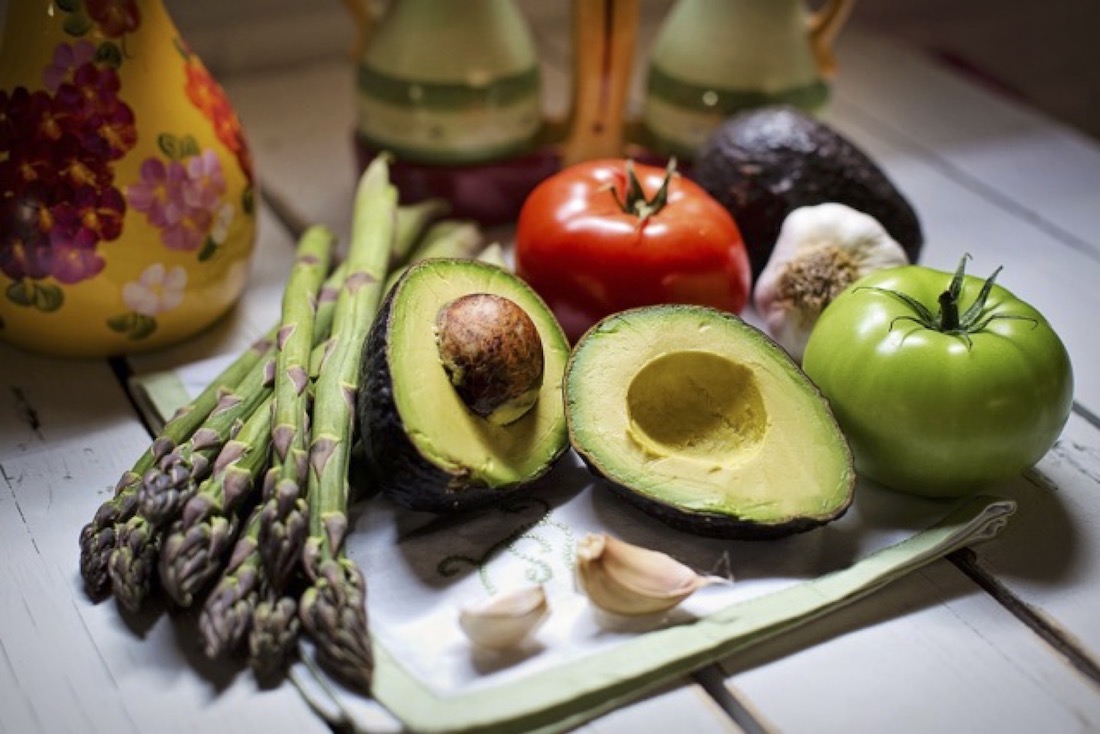Bucking the global trend away from impact startups, French business school EDHEC has partnered with private equity firm Ring Capital to drive capital towards entrepreneurial projects that drive social and environmental change.
Generations is a seed investment fund which will support a new generation of entrepreneurs – many of whom are EDHEC alumni and who are “passionate about combining financial performance and social commitment”.
Speaking to IAM, EDHEC Dean Emmanuel Métais, says: “Our goal is to invest in startups that are responsible by design. They will want to target the market and make a profit, but at the same time, they want to address a societal issue, whether that relates to the environment, climate change, diversity and inclusion, and wellbeing.”
Potential projects must demonstrate to a selection committee made up of EDHEC and Ring Capital representatives that not only are they profitable and impactful but also responsible across the board.
“It is no good for us to invest in a fund that is having a positive impact in one ESG respect but is failing on the others,” Métais says.
Applicants must also be able to explain how their offering makes a positive difference in clear and simple terms.
“The way to avoid impact washing is through being able to prove that your startup makes an obvious improvement to the world. If you need two PhD students to explain why you are impactful, then maybe it hasn’t been so successful.”
Métais gives an example of Yuka.io a French app that allows users to scan a food product’s barcode to provide an independent assessment of its nutritional and health benefits. Métais says Yuka.io has had a “huge impact” on eating habits in France, driving individuals to make better, healthier choices, and it has since gained traction in the US market.
The goal is to raise EUR40 million of which EDHEC will contribute half, to help these types of impact companies get off the ground, and Métais says there is considerable appetite, at least among French investors.
“I don’t know if French people are idealists,” he says, “but here it is much easier to find funding for real impact startups.”
However, global venture capital investment into impact startups is predicted to drop by 36% this year, a further decline from 2022, figures from startup data platform Dealroom reveal.
In 2023, impact startups have raised just over USD41 billion and are projected to reach USD48.1 billion by the end of the year. This is a fall from nearly USD75 billion last year and represents a notable global slowdown in venture capital funding for companies involved in climate tech, renewable energy, circularity and social justice.
That said, the Phenix Capital Impact Investing report from September 2023, reveals that private equity funds are the most dominant asset class in the US and EU, collectively making up 934 funds across both regions. European private equity funds are 42 per cent of the EU funds universe, while US private equity funds make up 34 per cent of the American funds.
Métais is confident that the future is bright for impact startups, concluding: “There is a strong established responsible investment tradition in France and I expect that to continue.”







